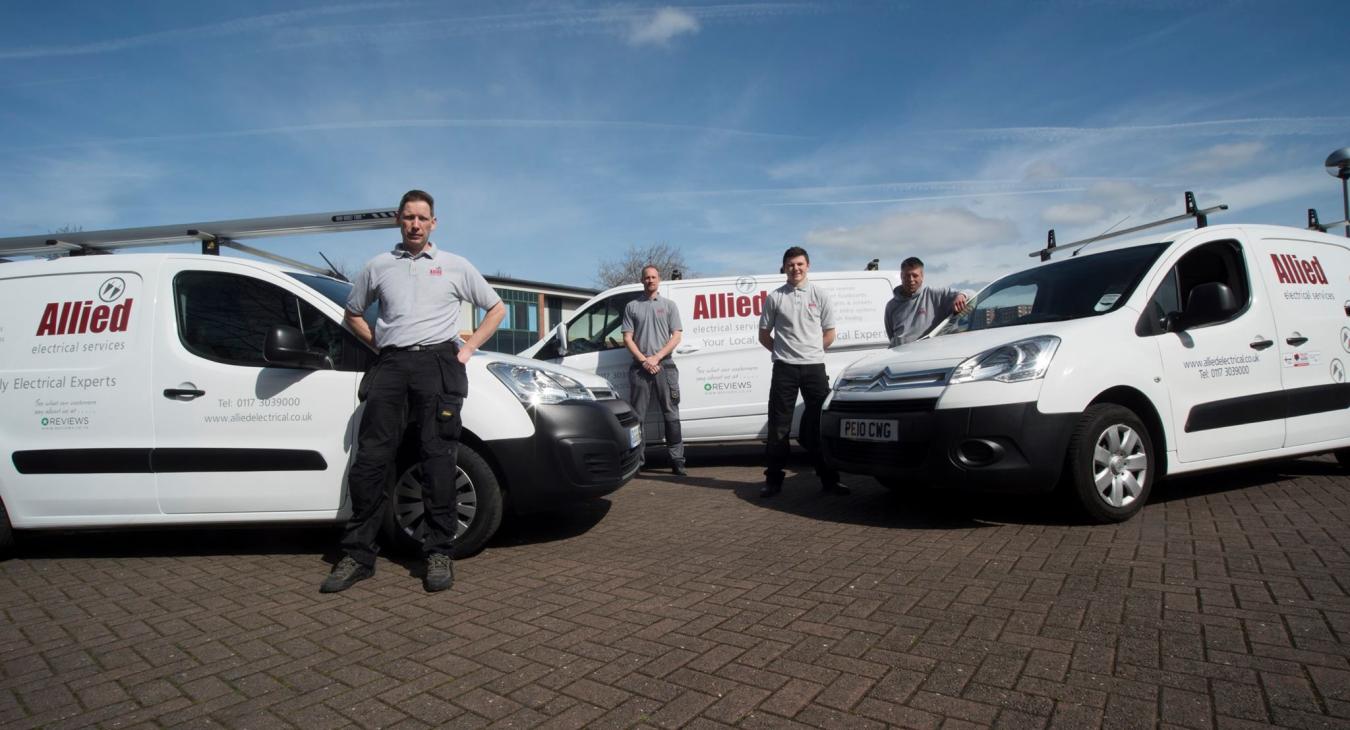
Here at Allied Electrical Services in Bristol we are always happy to answer questions about electrical safety. A question that we are frequently asked is “Do I need an RCD?”
To help you understand why you need an RCD and how they protect you, our experienced electricians have put together this simple guide.
What is an RCD?
RCD stands for Residual Current Device. An RCD is a highly sensitive safety device, designed primarily to protect people rather than property. Located on your fuse board or consumer unit, it switches of the electricity immediately when it detects a fault in the circuit it is monitoring. An RCD is a lifesaving device that prevents you from receiving a fatal electric shock should you touch something carrying a live current. An example would be if you cut the cord when mowing your lawn and then touched the live wire. The RCD would cut the power immediately and save your life. An RCD is essential to your family’s electrical safety and is now a legal requirement for new installations under regulation BS7671:2018(AMD2:2022).
Types of RCD Protection
There are several different kinds of RCD that may be fitted on your fuse board or consumer unit, each designed for a specific situation. Type AC RCDs were the most common type of RCD that were installed prior to recent legislative changes. If the RCD in your Bristol home was installed more than a year ago, this is likely to be the kind you have. Type AC RCDs were previously considered the most effective for use in domestic environments. They react to what are known as AC earth faults, which were previously the most common kind of earth fault. Unfortunately, they cannot detect a DC current overload; they are effectively blinded by this. When type AC RCDs were introduced, homes featured less technology and electronics. Look around your home today and you will see almost every socket has an electronically controlled device or appliance attached to it. All these electronics increase the potential for DC feedback to be introduced into your electrical system. This includes your washing machine, games console and even your LED lighting. Should any of these devices cause a DC earth fault current, your Type AC RCD would not react leaving you in danger.
What RCD do I need?
As times and technology have changed, so too have RCDs and the legislation surrounding them. Homes now need Type A RCD protection installed for full protection. Type A RCDs can detect both type AC and type DC earth fault currents and are not blinded in the same way as their predecessors. Type A RCDs are now a legal requirement. This legislation has only recently come into force and so even recent fuse board upgrades may need revisiting to ensure full protection and compliance. Your RCDs may also need to be upgraded when you have other electrical work performed. They must be installed alongside any new fixed equipment which may produce DC fault currents and on all socket circuits. The installation of new sockets, light fittings, or an appliance such as a dishwasher are some examples that would require your electrician to install a type A RCD.
Allied Electrical Services are your experienced, local electrician in the Bristol. Fully qualified and NICEIC registered, our friendly electricians are always happy to answer your questions. If you think you need RCD protection installed, or you need help determining which RCDs you have, call us today.










